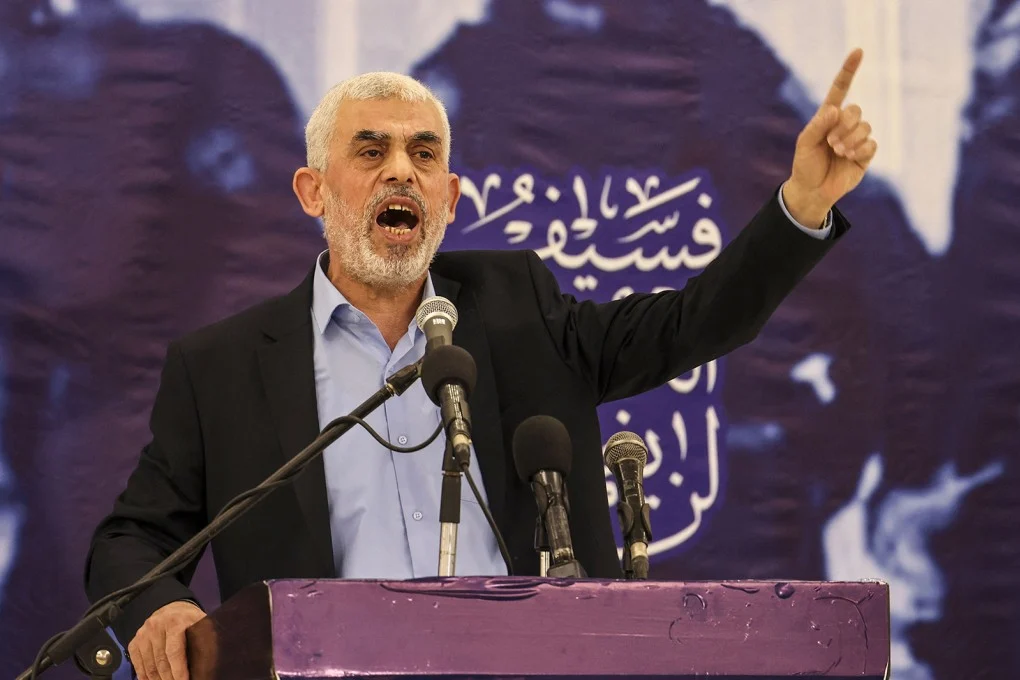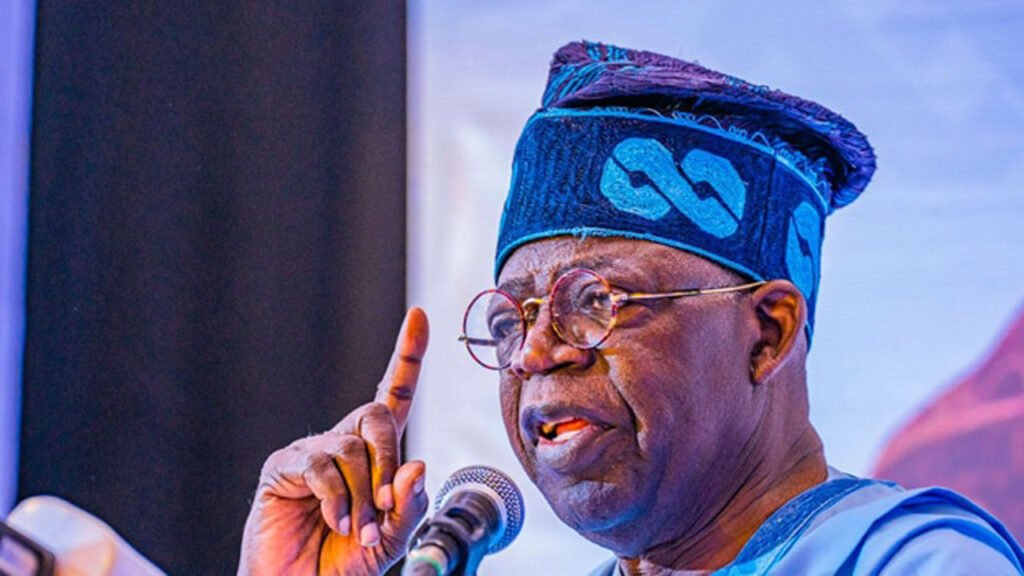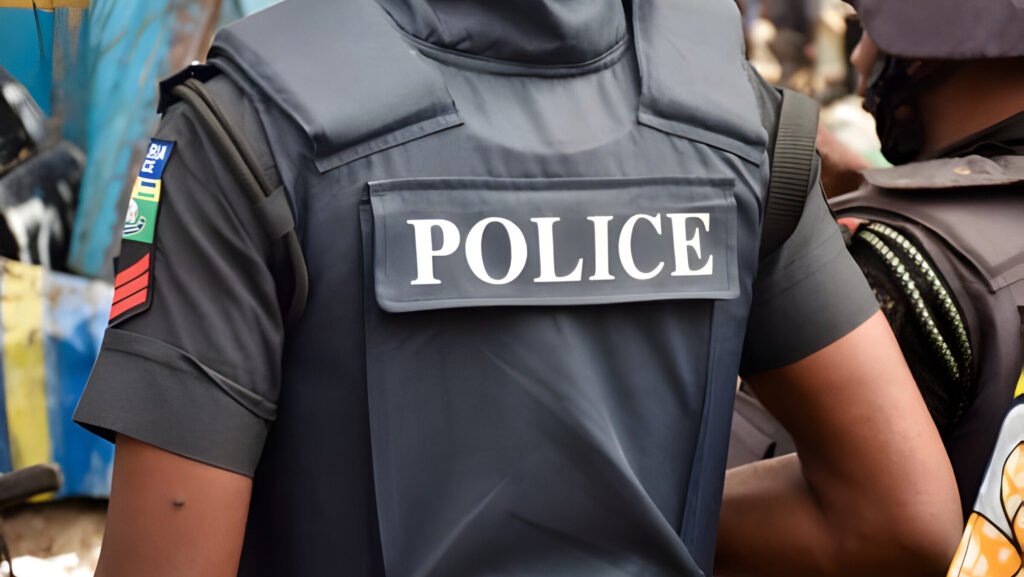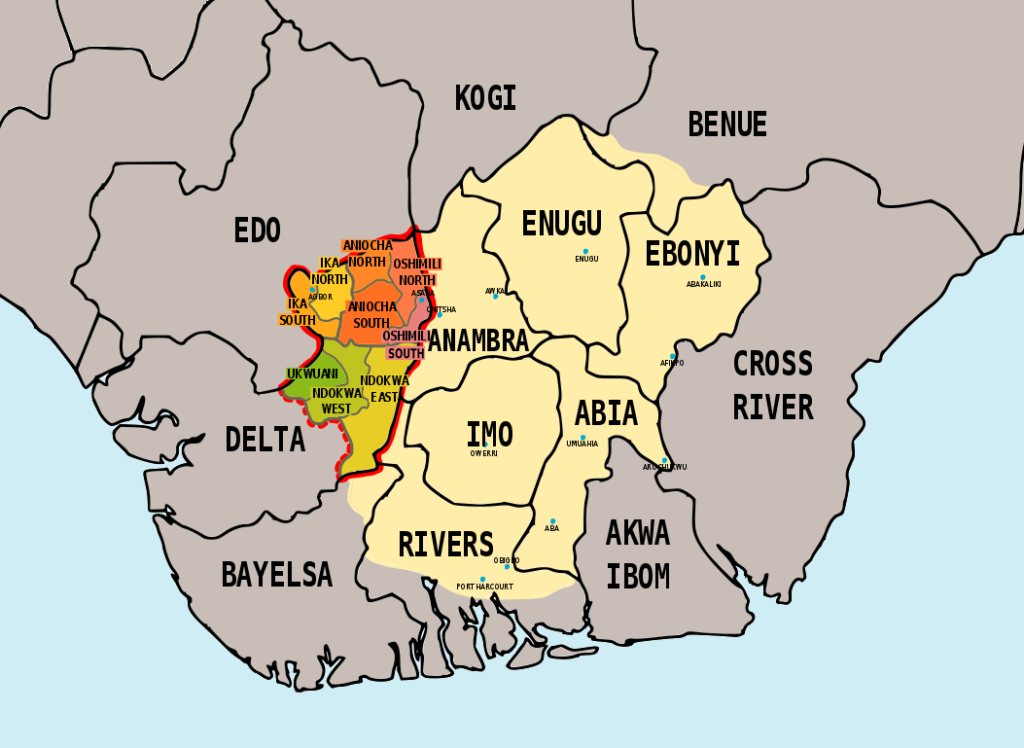In this week’s HARD BEAT, Ademola Tijani reflects on the spectacular elimination of Hamas leader, Yahya Sinwar by Israel, and wonders if the Nigerian political and military authorities, acting honestly and sincerely, cannot do the same to the country’s myriad of trouble-makers up country.
The killing of Yahya Sinwar, the 62-year-old leader of Hamas and a key figure in the Gaza conflict, represents a significant moment in the ongoing war between Hamas and Israel.
Sinwar was a central figure in the planning and execution of the October 7, 2023 attack, an unprecedented assault that saw Hamas militants launch a large-scale coordinated attack on Israel.
This offensive, which resulted in over a thousand Israeli casualties, is considered one of the deadliest in the history of the Israeli-Palestinian conflict. The attack marked a substantial escalation in hostilities, leading to months of continuous warfare and loss of life on both sides.
Sinwar, who had operated clandestinely, evading Israeli efforts to capture or kill him for years, was finally neutralized in a carefully coordinated operation by Israel’s Bislach Brigade.
This elite unit, while conducting routine searches in the war-torn Tal as-Sultan area of Gaza, used a drone to flush Sinwar out of hiding before mowing him down.
His death represents not only the elimination of a major leader but also a symbolic blow to Hamas, the organization responsible for the October 7 uprising that plunged Gaza and Israel into a deeper cycle of violence.
In contrast to Israel’s successful efforts to track down and eliminate such figures, Nigeria continues to struggle with its own bandit leaders and terrorists who have terrorized the country for years. Notable among these figures are bandit leaders such as Bello Turji, Dogo Gide, and Ali Kachalla (also known as Ado Aleru), as well as terrorists like Abu Musab al-Barnawi, leader of the Islamic State West Africa Province (ISWAP). These individuals have wreaked havoc, particularly in northern Nigeria, engaging in mass kidnappings, killings, and extortion of entire communities. Despite their notoriety, they continue to elude capture by Nigerian security forces.
These criminal elements, much like Sinwar, operate with seeming impunity, mocking the capacity of Nigeria’s security apparatus. They often display their power through brazen acts of violence, kidnapping civilians, and using social media to showcase their spoils, including ransom payments extracted from the families of their victims. The public display of their exploits further highlights the frustration of many Nigerians over the seeming impotence of the security agencies in dealing with these threats.
The government through the military has implemented a range of strategic efforts to combat insurgency and insecurity, particularly in the northeastern region afflicted by Boko Haram and other violent groups. One significant initiative is Operation Lafiya Dole, launched in 2015, which aims to reclaim territories controlled by insurgents and restore peace.
This operation has involved a combination of ground troops and aerial support, bolstered by collaborations with regional partners through the Multinational Joint Task Force. The Nigerian Air Force has also increased its capabilities by conducting targeted airstrikes against insurgent camps, disrupting their operations and leading to the neutralization of key leaders.
Additionally, the establishment of local vigilante groups, like the Civilian Joint Task Force, has enhanced intelligence-gathering efforts, enabling communities to work closely with the military to provide critical information on insurgent movements.
Nigeria has also significantly increased its security budget in response to the growing challenges of insurgency, banditry, and terrorism. In 2023, the government allocated ₦2.98 trillion to the defense sector, amounting to 13% of the total national budget. This represented one of the largest security allocations in recent years, aimed at enhancing the capabilities of the military, police, Department of State Services (DSS), and paramilitary organizations like the Nigeria Security and Civil Defence Corps (NSCDC).
However, despite this massive investment and efforts, the insecurity in the country persists, with bandit and terrorist leaders continuing to evade capture and their activities largely unchecked.The ongoing insurgency and insecurity in Nigeria have resulted in significant casualties, affecting thousands of lives and leading to widespread humanitarian crises.
As of 2023, estimates suggest that the Boko Haram insurgency, which began in 2009, has resulted in over 40,000 deaths across the northeastern region, with many more individuals injured or displaced. The violence has not only claimed the lives of combatants but has also disproportionately affected civilians, leading to widespread fear and trauma within communities.
In addition to the casualties from Boko Haram, other violent groups, including various bandit factions operating in northern Nigeria, have contributed to rising fatalities. Reports indicate that banditry has claimed over 6,000 lives since 2021 alone, with mass kidnappings and attacks on rural communities becoming increasingly common.
The toll from these incidents extends beyond immediate fatalities, as the insecurity has caused the displacement of millions, with over 3 million people forced to flee their homes, particularly in States like Borno, Adamawa, and Yobe. This complex web of violence not only reflects the dire security situation in Nigeria but also highlights the urgent need for comprehensive and sustained efforts to restore peace and stability across the nation by taking an hard tactics on those presumed to be leaders and those behind this ugly trend.
If Israel can successfully track and eliminate a figure as significant as Yahya Sinwar using advanced technology such as drones and a well-coordinated military unit, why can Nigeria not adopt similar tactics to neutralize its own security threats?
There are persistent insinuations that certain powerful individuals may be benefiting from the insecurity in Nigeria and thus have a vested interest in prolonging the conflict.
However, for the sake of national security and the well-being of its citizens, Nigeria must prioritize the eradication of these criminal elements. By using modern technology and intelligence-driven tactics, the Nigerian government could decisively end the reign of terror imposed by these bandits and terrorists, allowing the country to move towards peace and stability.
Until Nigeria takes bold, coordinated actions, insecurity will persist, leaving many citizens to wonder when they can live in peace, without fear, and finally sleep with both eyes closed.
